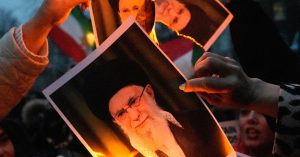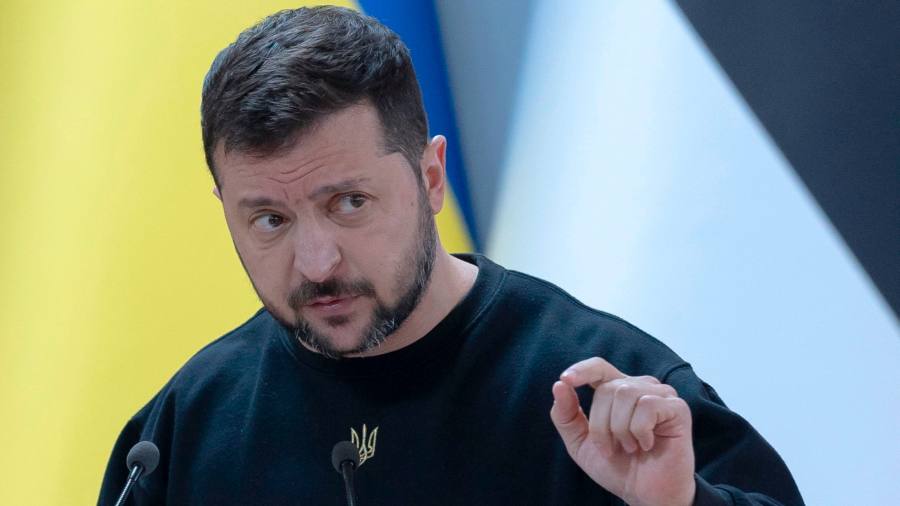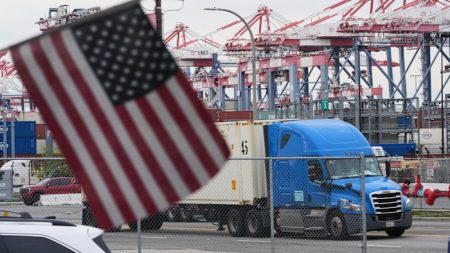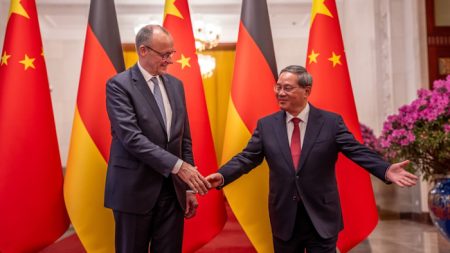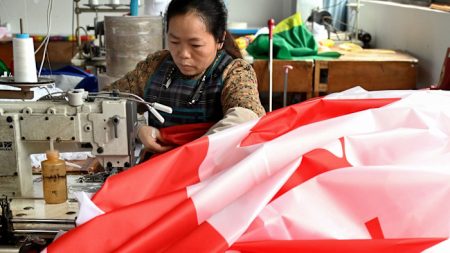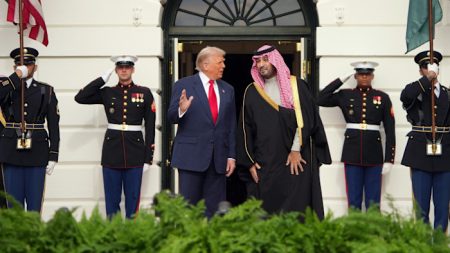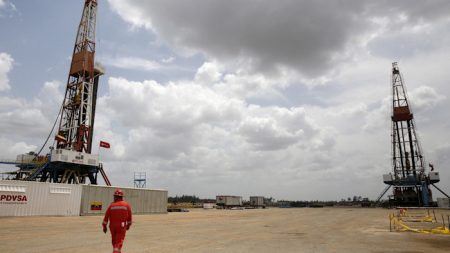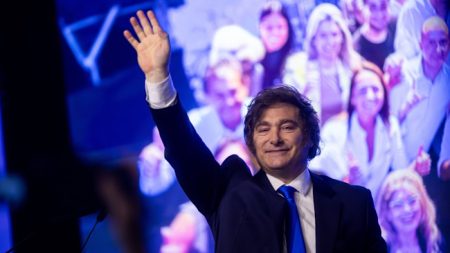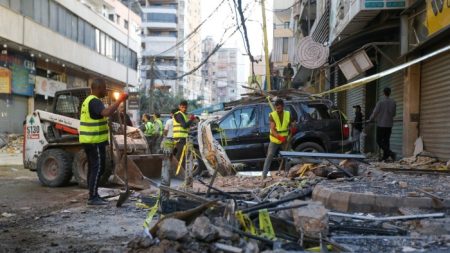Receive free War in Ukraine updates
We’ll send you a myFT Daily Digest email rounding up the latest War in Ukraine news every morning.
Ukraine’s president Volodymyr Zelenskyy insisted his military’s counteroffensive against Russian forces was about to “gain pace”, as he sought to reassure western governments that have grown alarmed at the slow progress of the operation.
The weeks-old effort to push back Russian forces in Ukraine had begun later than Kyiv had hoped, said Zelenskyy, due to insufficient munitions, armaments and properly trained brigades, which had given Russia time to lay mines and build defensive lines.
But momentum on the front was about to shift, Zelenskyy added, while reiterating his call for allies to supply more long-range missiles and advanced fighter jets.
“We are approaching a moment when relevant actions can gain pace because we are already going through some mines locations and we are demining these areas,” he said.
The Ukrainian leader was speaking by video to international security leaders at the four-day Aspen Security Forum, where the pace of Ukraine’s counteroffensive to push back Russian forces in eastern and southern Ukraine dominated discussions.
The progress of the counteroffensive was “the question in the minds of everyone here” and “the preoccupation of all of your friends in the world”, Chrystia Freeland, Canada’s deputy prime minister told Zelenskyy.
Jake Sullivan, US national security adviser, told the audience in Colorado that the results of Ukraine’s military effort would only become clear once Kyiv had fully committed its forces.
“It is at that moment when they make that commitment that we will really see what the results of the counter offensive will be,” Sullivan said.
Sullivan added that Ukrainian emphasis on securing supplies of advanced fighter jets for the counteroffensive was misplaced, because strong Ukrainian and Russian air defences had prevented air power from playing a significant role in the conflict, Sullivan said.
“The view of our military commanders is that the notion that F-16s would play a decisive role in this counteroffensive given that fundamental reality . . . They have a different view than what you have heard from some Ukrainian voices,” he said.
While officials projected an upbeat outlook for Ukraine’s military progress in public, many were less sanguine in private.
“The bad news is Ukrainians are moving towards what could be a winter of discontent,” said Philip Zelikow, a history professor at the University of Virginia and former diplomat. He pointed to the severe economic impact of the war and the already steep cost borne by the US and other allies to keep Kyiv’s government afloat.
UK foreign secretary James Cleverly told the Financial Times that the mismatch between Ukrainian expectations and western commitments was understandable because the west had other priorities while Ukraine had a singular focus.
“There’s always going to be a slight difference of approach between the Ukrainian leadership and other countries, in terms of what we want to achieve.”
Biden administration officials’ frustration with criticisms from Ukraine and other Nato allies about the pace and kind of assistance the US is providing was palpable.
Senator Jim Risch, the top Republican on the Senate foreign relations committee, said the Biden administration had been too slow to send systems such as main battle tanks and cluster munitions that ultimately made their way to the battlefield.
“I’m tired of hearing about escalation. Stop talking about escalation. If you don’t escalate, you’re gonna lose,” he said. “I want [Vladimir] Putin to wake up in the morning worried about what he’s going to do that’s gonna cause us to escalate instead of us wringing our hands.”
Sullivan dismissed what he described as “caricatures” of American decision-making, including notions that the Biden administration was “sitting around unwilling to provide things because we’re worried about the Russians”.
The “sheer magnitude” of American assistance made it clear that the US was “prepared to take risk and we will continue to be prepared to take risk to provide support to Ukraine”, Sullivan said.
He also hit back at critics who said worrying about Russian nuclear escalation was a sign of weakness.
“It is responsible for every member of Nato, including the United States, to think about the Russian reaction when we choose to do something because that matters for our security, it matters for global stability.”
Read the full article here
